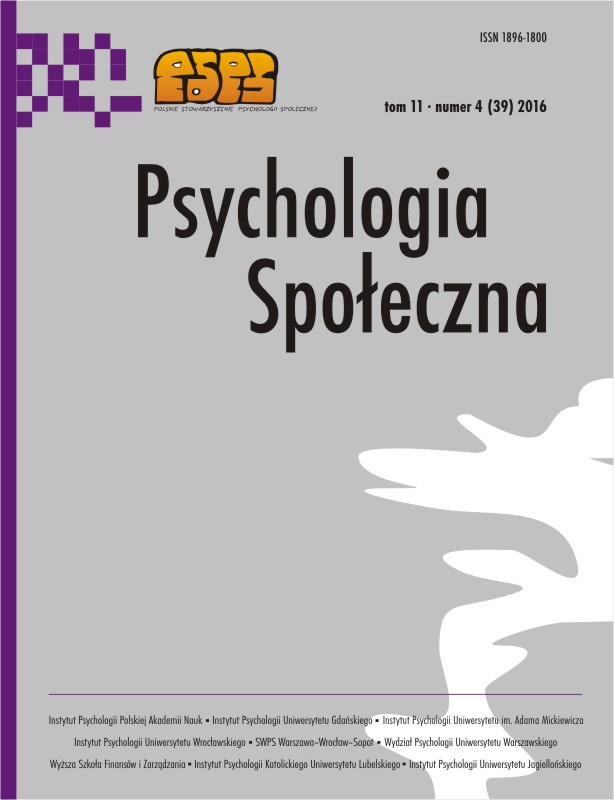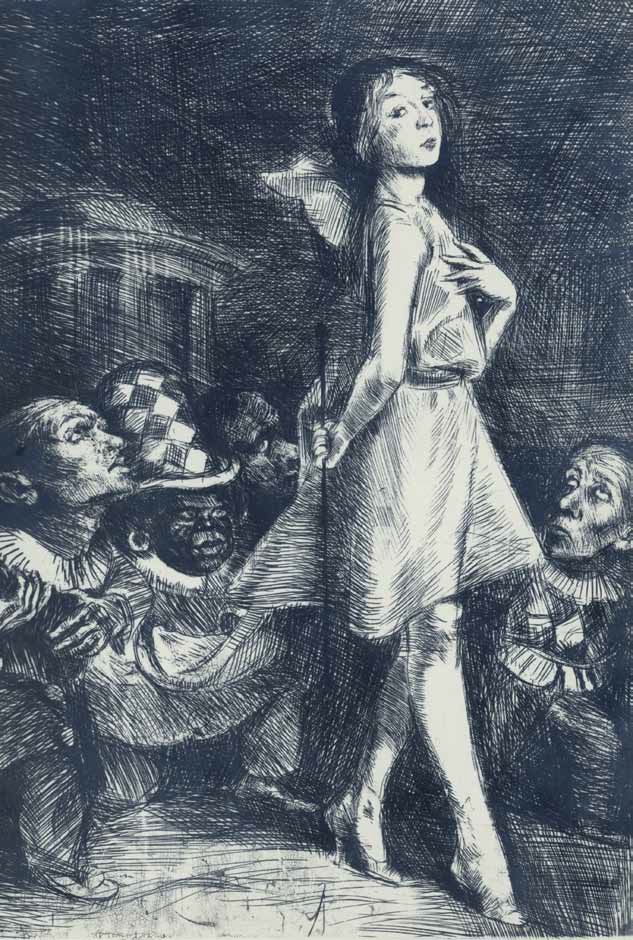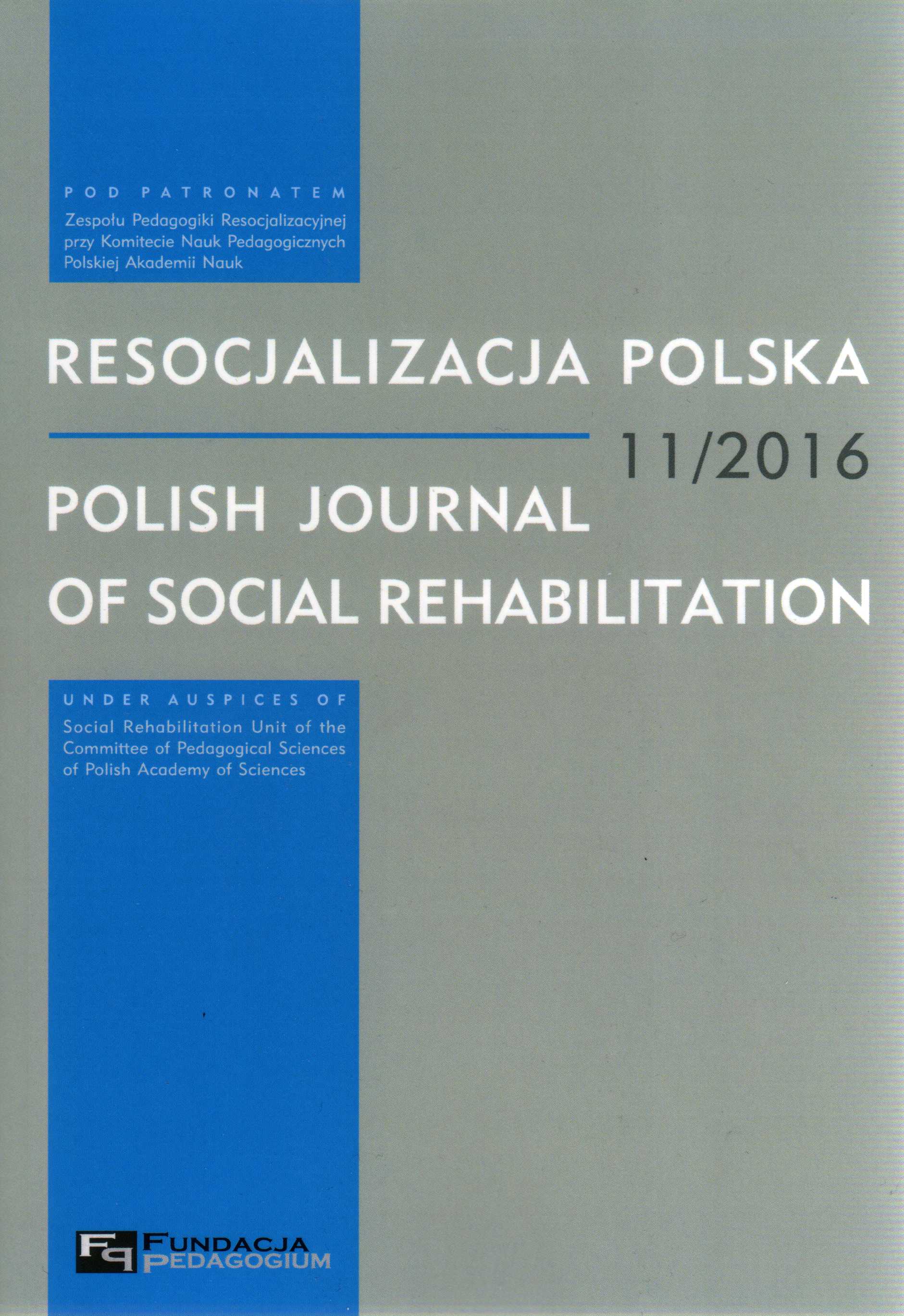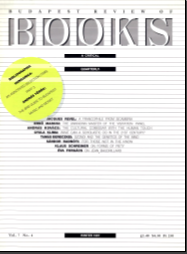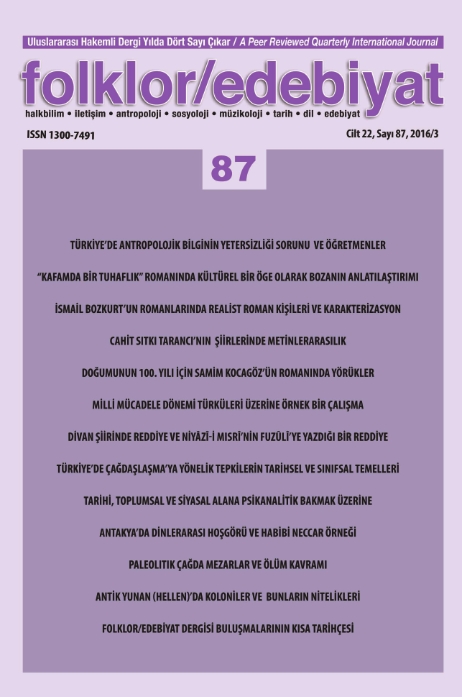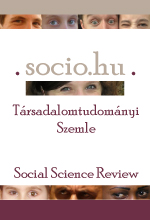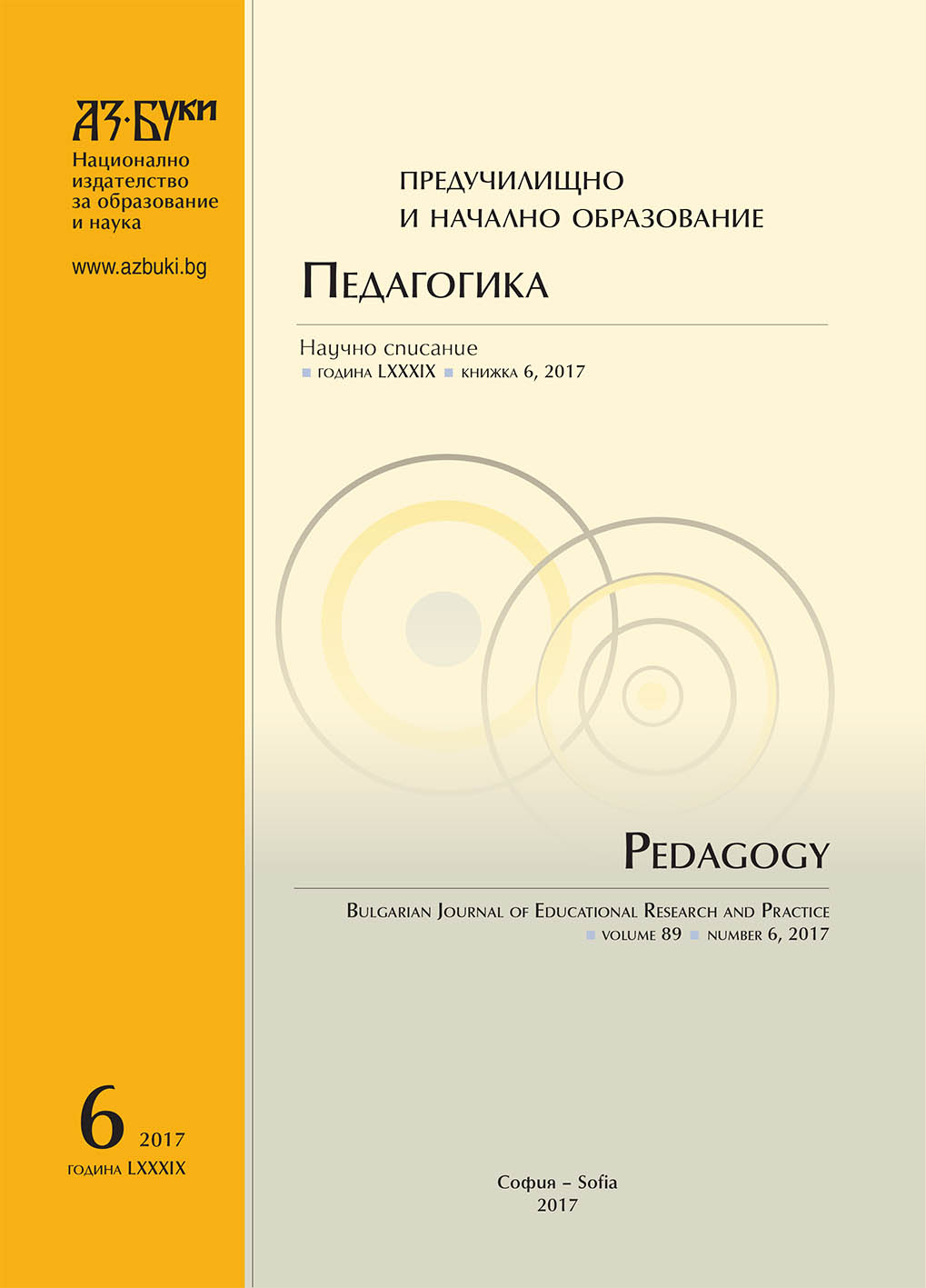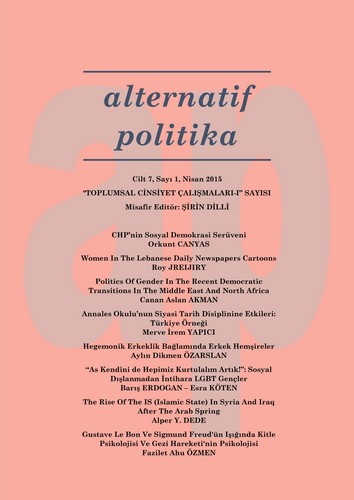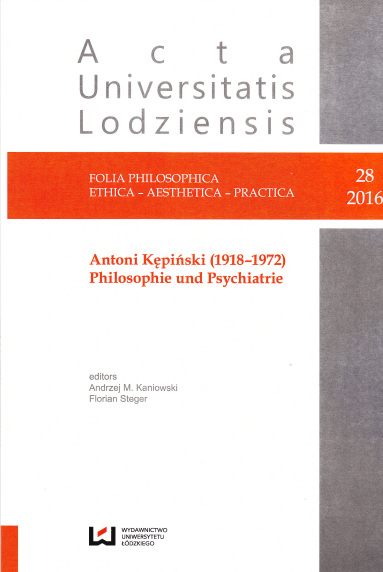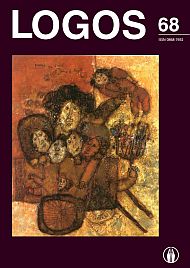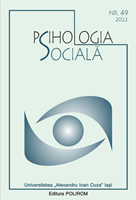Author(s): Maike Rotzoll,Frank Grüner / Language(s): English
Issue: 4/2016
When the later famous psychiatrist Emil Kraepelin (1856–1926) was called to the University of Dorpat/Tartu at the age of 30, he probably did not busy himself much with the multicultural situation that he found there. Like many of his academic contemporaries, he regarded this Baltic university, then still German-speaking and one of the most important in the Russian Empire, as a kind of exile or at least only a way station for his career, which he hoped to pursue within the German Empire. He brought his research programme for the upcoming discipline of psychiatry with him, as the author of the compendium which, in the course of several editions, became a multi-volume, influential textbook. But at his new venue he found not only a complicated situation of (university) politics caught between negotiation processes among the various cultural groups, but also students from many regions and with different mother tongues, who had to adapt to the official language of instruction. In addition, he took over a recently founded university psychiatric clinic, where all parts of the population were represented, but with whom he could communicate only in a rudimentary manner, as far as the non-German-speaking population groups were concerned. But how did the patients from such different language families manage to make themselves heard in the world of university clinics headed by mostly German-speaking physicians, especially in psychiatry, a discipline particularly dependent upon language? What translation processes were performed by whom over the working therapeutic day, and what were the effects of this partial loss of speech on clinical research? What opportunities resulted from precisely this multi-lingual situation in a contact zone between Western Europe and Russia for psychiatric science and practice? This paper attempts to provide some preliminary answers to these questions, using already known and newly discovered sources.
More...


